The future of fMRI
Recent articles
This series of essays explores new developments and challenges in human brain imaging.
To understand the brain as a network organ, we must image cortical layers
Human neuroscience research has largely overlooked this spatial scale—which bridges cells and brain areas. But new advances in functional MRI technology are changing that.
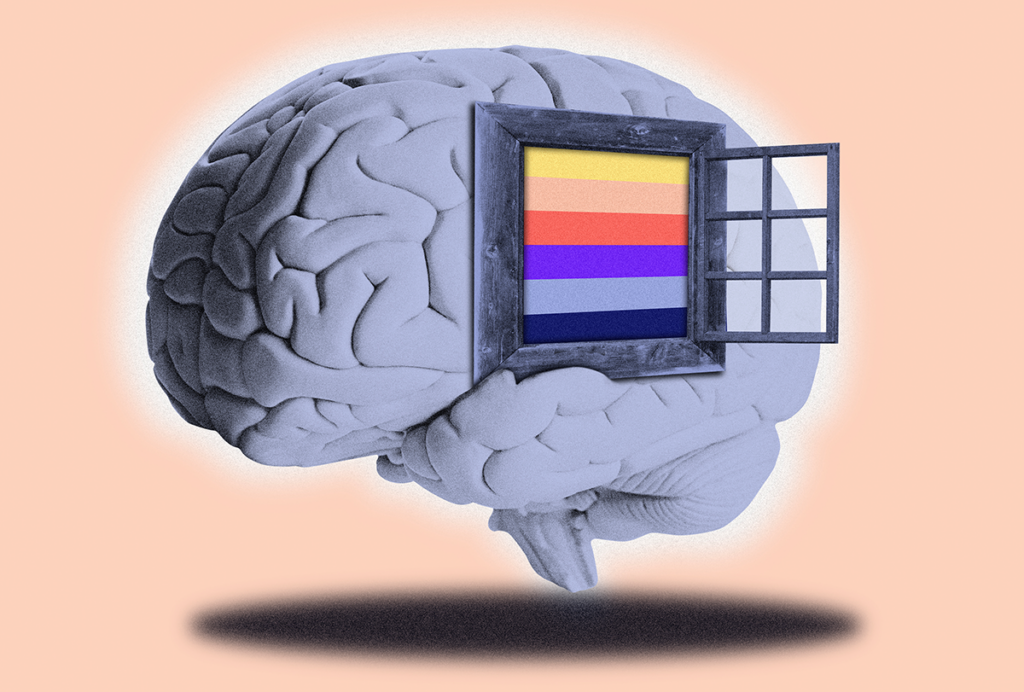
To understand the brain as a network organ, we must image cortical layers
Human neuroscience research has largely overlooked this spatial scale—which bridges cells and brain areas. But new advances in functional MRI technology are changing that.
To make a meaningful contribution to neuroscience, fMRI must break out of its silo
We need to develop research programs that link phenomena across levels, from genes and molecules to cells, circuits, networks and behavior.
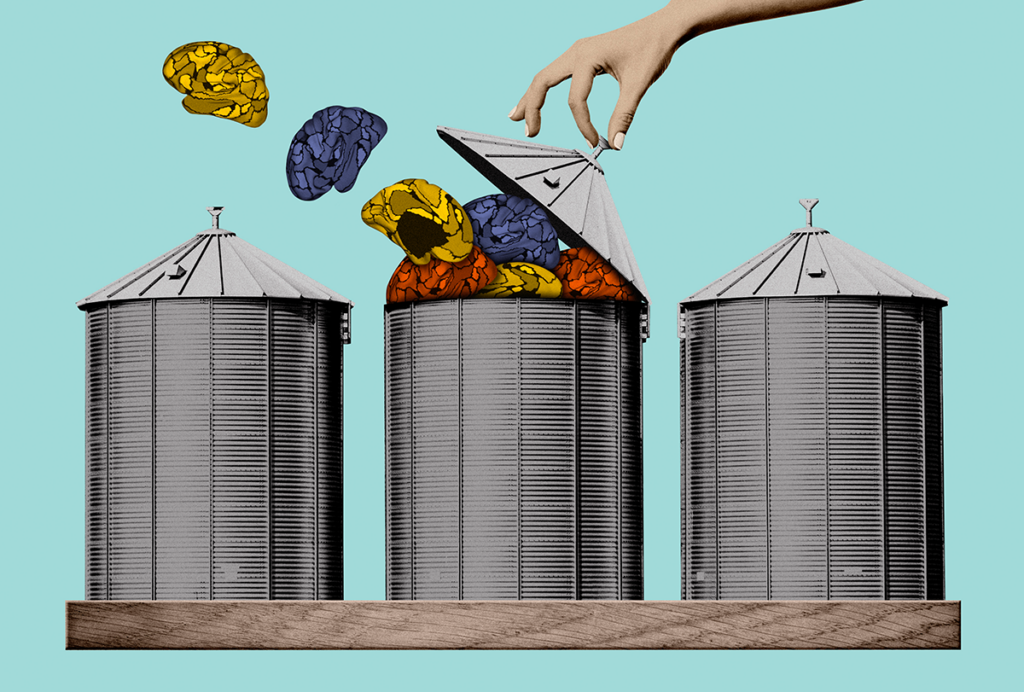
To make a meaningful contribution to neuroscience, fMRI must break out of its silo
We need to develop research programs that link phenomena across levels, from genes and molecules to cells, circuits, networks and behavior.
New tools help make neuroimaging accessible to more researchers
A lack of programming experience can derail experimental aspirations. But custom software packages, web-based applications and video tutorials make functional MRI concepts easier to grasp.

New tools help make neuroimaging accessible to more researchers
A lack of programming experience can derail experimental aspirations. But custom software packages, web-based applications and video tutorials make functional MRI concepts easier to grasp.
Should we use the computational or the network approach to analyze functional brain-imaging data—why not both?
Emerging methods make it possible to combine the two tactics from opposite ends of the analytic spectrum, enabling scientists to have their cake and eat it too.
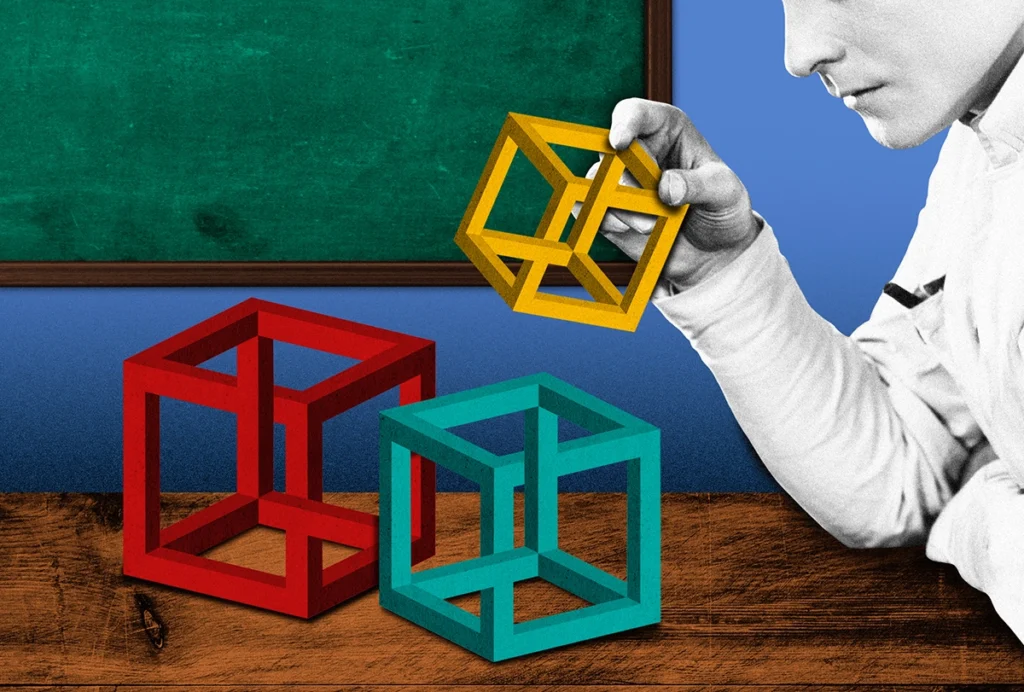
Should we use the computational or the network approach to analyze functional brain-imaging data—why not both?
Emerging methods make it possible to combine the two tactics from opposite ends of the analytic spectrum, enabling scientists to have their cake and eat it too.
To improve big data, we need small-scale human imaging studies
By insisting that every brain-behavior association study include hundreds or even thousands of participants, we risk stifling innovation. Smaller studies are essential to test new scanning paradigms.
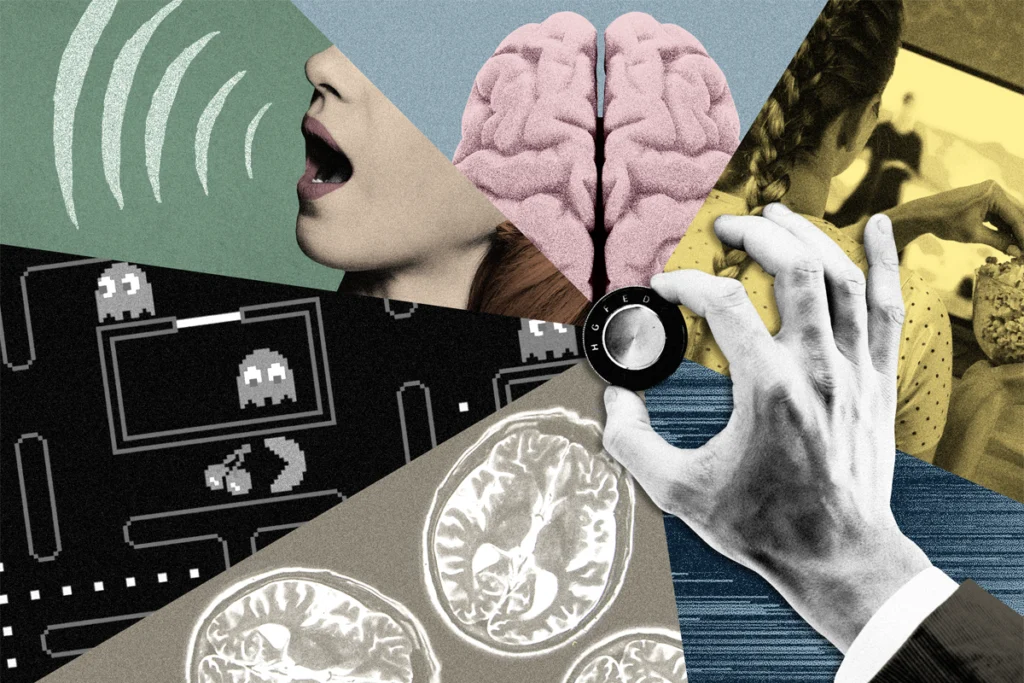
To improve big data, we need small-scale human imaging studies
By insisting that every brain-behavior association study include hundreds or even thousands of participants, we risk stifling innovation. Smaller studies are essential to test new scanning paradigms.
To make fMRI more clinically useful, we need to really get BOLD
A better understanding of the blood oxygen level dependent, or BOLD, signal requires more support for multimodal imaging studies.
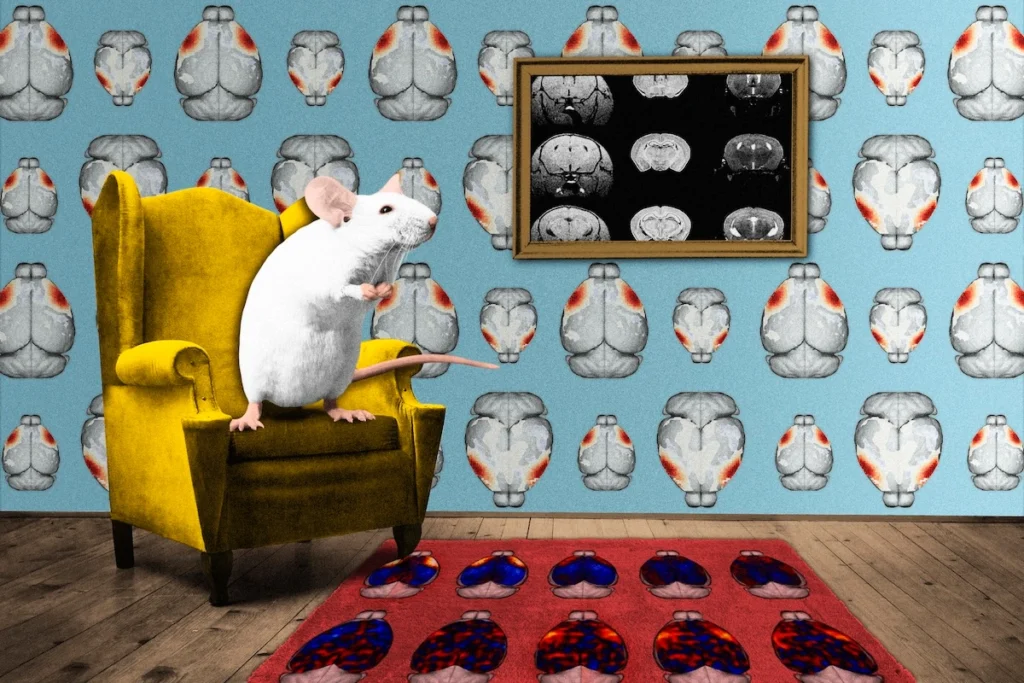
To make fMRI more clinically useful, we need to really get BOLD
A better understanding of the blood oxygen level dependent, or BOLD, signal requires more support for multimodal imaging studies.
Explore more from The Transmitter
Neuro’s ark: Spying on the secret sensory world of ticks
Carola Städele, a self-proclaimed “tick magnet,” studies the arachnids’ sensory neurobiology—in other words, how these tiny parasites zero in on their next meal.

Neuro’s ark: Spying on the secret sensory world of ticks
Carola Städele, a self-proclaimed “tick magnet,” studies the arachnids’ sensory neurobiology—in other words, how these tiny parasites zero in on their next meal.
Autism in old age, and more
Here is a roundup of autism-related news and research spotted around the web for the week of 2 March.

Autism in old age, and more
Here is a roundup of autism-related news and research spotted around the web for the week of 2 March.
Lack of reviewers threatens robustness of neuroscience literature
Simple math suggests that small groups of scientists can significantly bias peer review.

Lack of reviewers threatens robustness of neuroscience literature
Simple math suggests that small groups of scientists can significantly bias peer review.